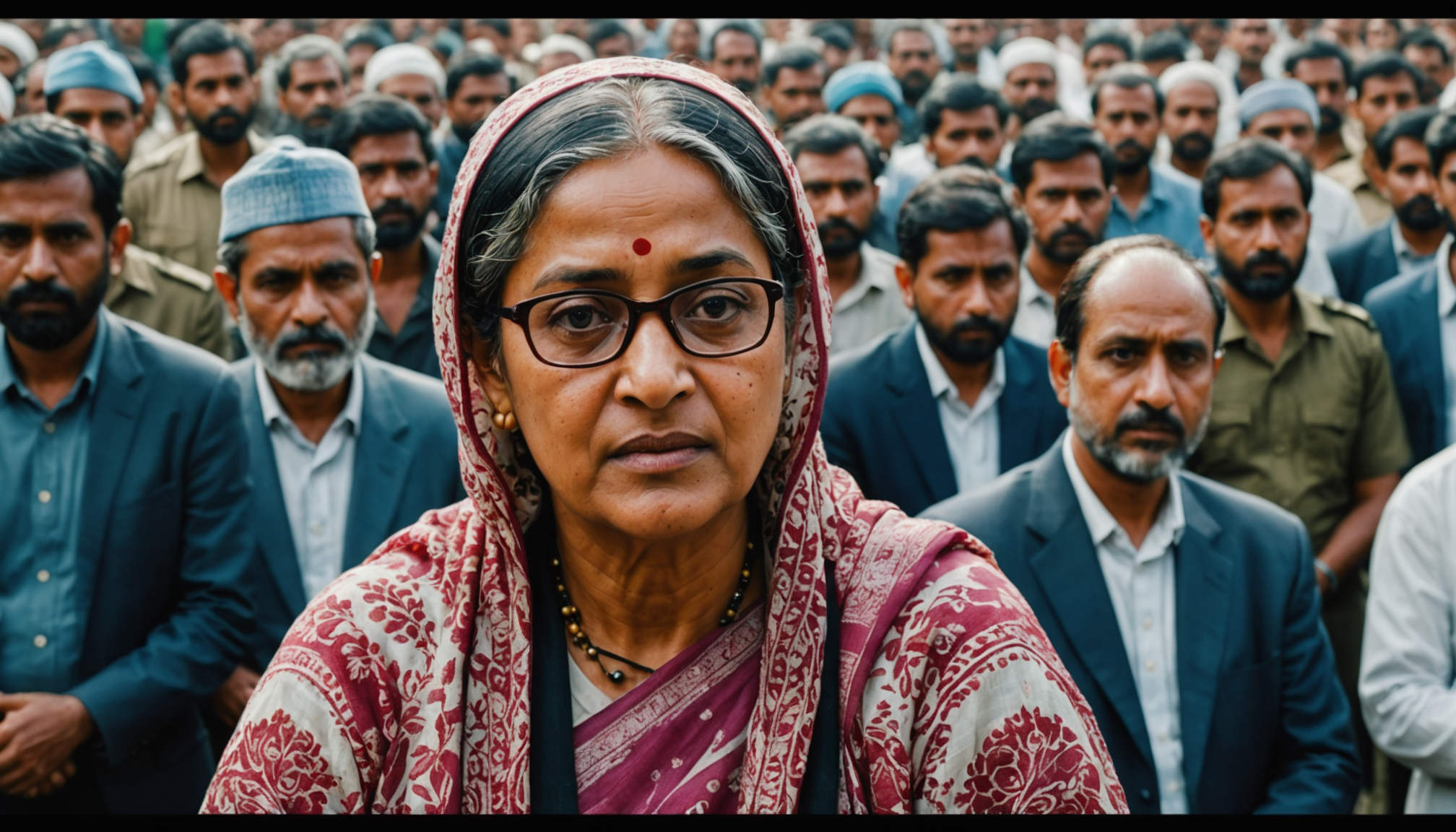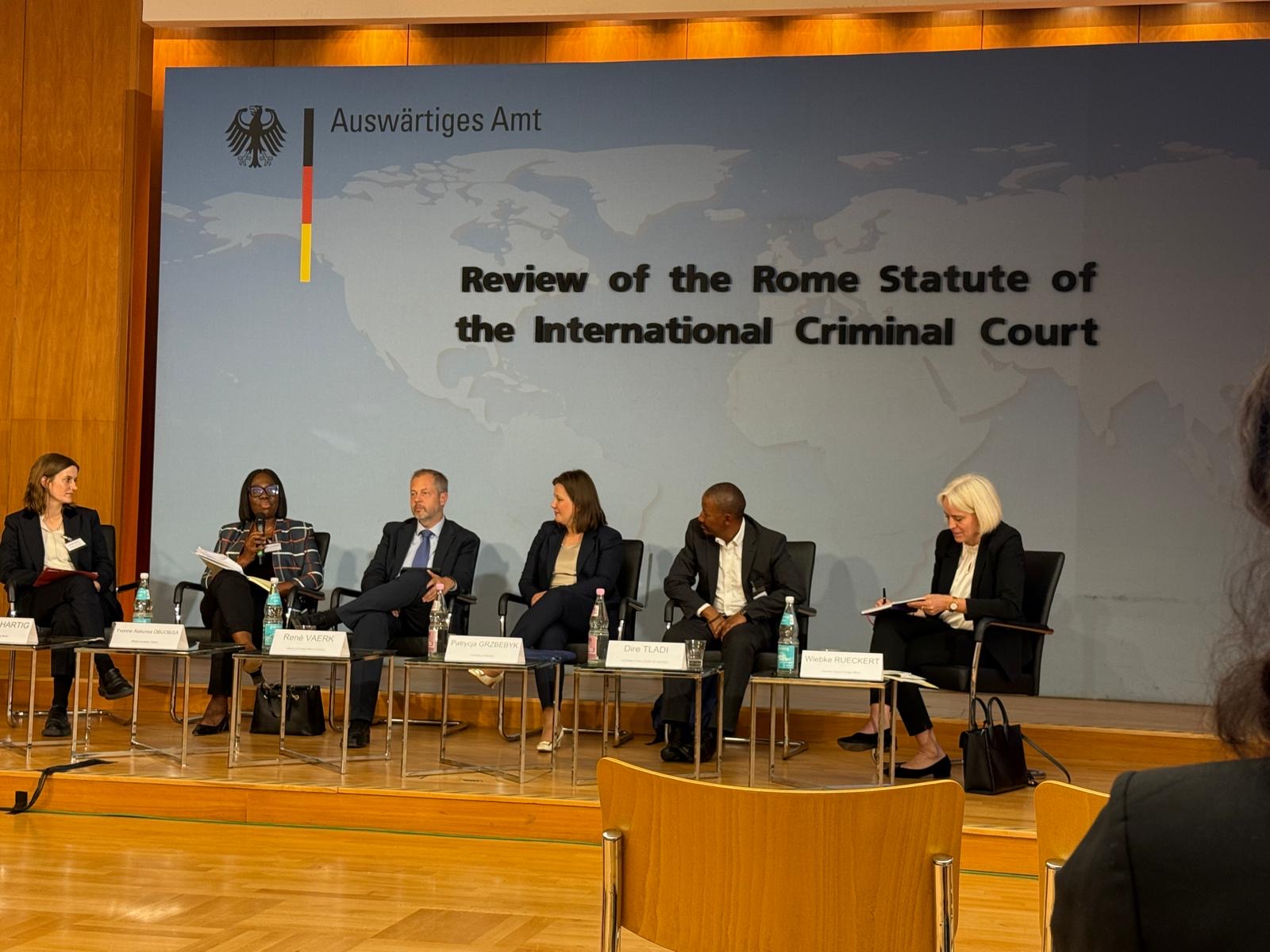
Indictment Hearing Scheduled in Crimes Against Humanity Case Involving Former Bangladesh Prime Minister
Overview of the Case
Dhaka: The crimes tribunal of Bangladesh has scheduled the indictment hearing for July 1, 2025, concerning allegations of crimes against humanity against former Prime Minister Sheikh Hasina. The charges relate to events during the July-August mass uprising in 2024.
Accused Individuals
- Sheikh Hasina, former Prime Minister
- Asaduzzaman Khan Kamal, former Home Minister
- Chowdhury Abdullah Al-Mamun, former Inspector General of Police
Legal Proceedings
- A three-member bench led by Justice Md Golam Mortuza Mozumder issued the order after the accused failed to appear in court despite receiving notices to surrender.
- State defense counsel will be appointed to represent Sheikh Hasina and Asaduzzaman Khan Kamal.
- The accused are ordered to surrender by June 24, 2025, according to Rule 31 of the International Crimes (Tribunal-1) Rules of Procedure 2010 (Amendment), 2025.
- If the accused fail to surrender, the trial will proceed in their absence under Section 10A of the International Crimes (Tribunals) Act, 1973.
- The prosecution has filed five formal charges related to crimes against humanity and mass killings.
- The tribunal’s investigation agency submitted its probe report on May 12, 2025.
Context and Relevance to Sustainable Development Goals (SDGs)
The case highlights critical issues related to peace, justice, and strong institutions, directly aligning with SDG 16: Peace, Justice and Strong Institutions. Addressing allegations of mass killings and enforced disappearances is essential to:
- Ensure accountability and the rule of law.
- Promote peaceful and inclusive societies.
- Protect human rights and prevent future violations.
Furthermore, the pursuit of justice in this case supports the broader agenda of sustainable development by fostering social stability and trust in governance, which are prerequisites for achieving other SDGs such as:
- SDG 3: Good Health and Well-being – by addressing trauma and human rights abuses.
- SDG 5: Gender Equality – ensuring protection for all citizens, including vulnerable groups.
- SDG 10: Reduced Inequalities – by promoting equal access to justice.
Conclusion
The upcoming hearing on July 1, 2025, marks a significant step in Bangladesh’s efforts to address past human rights violations and uphold international legal standards. The proceedings underscore the importance of justice mechanisms in advancing the Sustainable Development Goals, particularly those related to peace, justice, and inclusive institutions.
1. Sustainable Development Goals (SDGs) Addressed or Connected
- SDG 16: Peace, Justice and Strong Institutions
- The article discusses crimes against humanity, mass killings, and legal proceedings involving political figures, which directly relate to promoting peaceful and inclusive societies, access to justice, and accountable institutions.
- SDG 5: Gender Equality
- Sheikh Hasina, a female political leader, is central to the article, highlighting issues of women’s participation in political leadership and the challenges faced.
- SDG 10: Reduced Inequalities
- The mass uprising and accusations of enforced disappearances point to social and political inequalities and human rights violations.
2. Specific Targets Under Those SDGs Identified
- SDG 16 Targets:
- Target 16.1: Significantly reduce all forms of violence and related death rates everywhere.
- Target 16.3: Promote the rule of law at the national and international levels and ensure equal access to justice for all.
- Target 16.6: Develop effective, accountable and transparent institutions at all levels.
- Target 16.7: Ensure responsive, inclusive, participatory and representative decision-making at all levels.
- SDG 5 Targets:
- Target 5.5: Ensure women’s full and effective participation and equal opportunities for leadership at all levels of decision-making in political, economic and public life.
- SDG 10 Targets:
- Target 10.3: Ensure equal opportunity and reduce inequalities of outcome, including by eliminating discriminatory laws, policies and practices.
3. Indicators Mentioned or Implied to Measure Progress
- Indicators for SDG 16:
- 16.1.1: Number of victims of intentional homicide per 100,000 population, by sex and age.
- 16.3.2: Unsentenced detainees as a proportion of overall prison population.
- 16.6.2: Proportion of the population satisfied with their last experience of public services.
- 16.7.2: Proportion of population who believe decision-making is inclusive and responsive.
- Indicators for SDG 5:
- 5.5.1: Proportion of seats held by women in national parliaments and local governments.
- Indicators for SDG 10:
- 10.3.1: Proportion of population reporting having personally felt discriminated against or harassed within the previous 12 months on the basis of a ground of discrimination prohibited by international human rights law.
4. Table of SDGs, Targets and Indicators
| SDGs | Targets | Indicators |
|---|---|---|
| SDG 16: Peace, Justice and Strong Institutions |
|
|
| SDG 5: Gender Equality |
|
|
| SDG 10: Reduced Inequalities |
|
|
Source: ndtv.com







